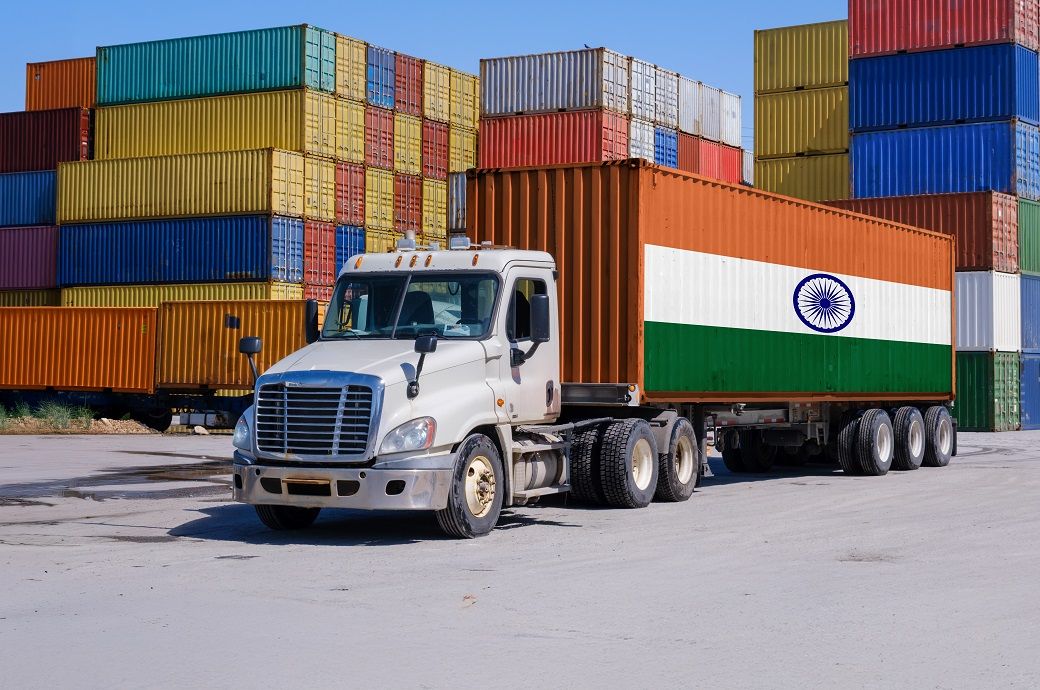
India’s textile and apparel industry, which contributes 2–3 per cent to GDP and 12–14 per cent to merchandise exports, is navigating one of its most challenging periods. The US’ 50 per cent tariff on Indian apparel, combined with geopolitical volatility in other key markets, has eroded competitiveness and affected long-standing buyer relationships.
India’s exports fell 10.34 per cent in September 2025; cotton yarn, fabrics, made-ups and handloom exports declined 11.66 per cent, while apparel shipments fell 10.14 per cent. Production disruptions of 25–70 per cent across decentralised power loom, knitting and garment units, along with extended credit terms of up to six months, have intensified pressure on revenues and liquidity. With 45 million workers directly dependent on the sector, reduced operations and temporary closures are already affecting livelihoods.
Against this backdrop, the government has announced a moratorium on term and working capital loan repayments from September 1 to December 31, 2025 for readymade and made-up segments classified under HS Codes 61, 62, 63 and 94. To help exporters manage unprecedented payment delays, the Reserve Bank of India has extended the export realisation period from nine to fifteen months. The maximum credit period for pre-shipment and post-shipment export loans has been increased to 450 days for credit disbursed up to March 31, 2026. Banks have also been advised to relax margin requirements and increase drawing power to improve fund access and operational support.
In a statement, Southern India Mills’ Association (SIMA) chairman Durai Palanisamy expressed gratitude to Prime Minister Narendra Modi and his government. He noted that the measures would ease cash-flow constraints, reduce financial stress and allow exporters additional time to manage working capital without being weighed down by heavy interest burdens.
Durai also urged the government to extend similar relief to capital-intensive spinning, weaving and processing units—covering HS Codes 52, 54, 55 and 60—which are facing acute financial stress. He emphasised that these segments form the backbone of the value chain, supplying critical yarns and fabrics to the readymade and made-up sectors, which have reduced procurement due to export disruptions. Extending support to these upstream segments, he said, is essential to prevent distress and avert potential Non-Performing Assets (NPAs).
ALCHEMPro News Desk (KUL)
Receive daily prices and market insights straight to your inbox. Subscribe to AlchemPro Weekly!